Dear President Saúl Jiménez-Sandoval,
We write to you as artists and humanists who care deeply about the power of language to shape or misshape our realities. Language links us as humans, but it can also humanize and individualize some groups at the expense of others and thereby enable and uphold oppressive, hierarchical structures. We who are trained to read and write critically and creatively—and this includes you, Mr. President—have an obligation to intervene where we see this happen. Your “Statement on Violence in the Middle East” (Oct. 16, 2023) requires such intervention. We take issue with it for its asymmetrical and decontextualized language as applied to Palestinians and Israelis.
The statement’s framing of “violence” as something solely inflicted by Hamas against the State of Israel obfuscates the history. As students of world history understand, the expiration of the British Mandate over Palestine in 1948 and the formation of the State of Israel resulted in the expulsion of over 700,000 Indigenous Palestinians from their ancestral lands. The violence of this dispossession, or Nakba, has been followed by the violence of occupation in Gaza and the West Bank since 1967. In the past twenty years, Israel has continued to build settlements in the West Bank in defiance of international law and to evict Palestinians from their homes in East Jerusalem. This is a violence for which Hamas cannot be blamed. At the same time, Israel has held Gaza under siege, controlling land, air, and water access, and severely limiting the daily lives of the people. From time to time, it has bombarded Gazans in egregiously outsized “retaliations” to rocket fire by Hamas. As legal scholar Noura Erakat has said, an occupying power cannot claim self-defense for its violences because it is responsible for the people it subjugates. These are manipulations of language that manipulate history and, in turn, manipulate the present reality before us.
For this reason we implore you to bear in mind what UN Secretary-General António Guterres said on Monday, Oct. 9 (on Indigenous People’s Day in the United States), that “the most recent violence does not come in a vacuum, but grows out of a long-standing conflict, with a 56- year-long occupation and no political end in sight.” We believe it is disingenuous not to condemn expulsion and occupation as a form of violence.
This is particularly important given that our campus publicly espouses its commitments to local Indigenous tribes. But these commitments need to be anchored in respect for Indigenous sovereignty, which should recognize the rights of Indigenous peoples globally. Many have begun to see Palestine as part of an ongoing colonial project that began in the late-15th century. As Canadian sociologist Muhannad Ayash puts it:
The same imperial project that brutalised millions of Black Africans, committed genocide against millions of Indigenous peoples across the Americas, in Australia, New Zealand and elsewhere, colonised Asia and Africa through unfathomable brutality and force, destroyed countless societies full of complexity and beauty, massacred civilians in its imperial wars in places like Vietnam and Iraq, dropped atomic bombs on Japanese civilians, created a neocolonial economic infrastructure that is continuously robbing the majority of the world’s population blind, and I can go on and on, but this project is ongoing and nowhere at this moment is this more visible than in Palestine. (Ayyash, Al Jazeera)
We also believe that antisemitism is abhorrent and that the attacks on synagogues in our community should never have happened. They speak of a dangerous conflation of Jewishness with the political ideology of Zionism. This also means that legitimate criticism of the policies of the Israeli government cannot be delegitimized as antisemitism, any more than criticism of the government of Saudi Arabia, or any other Muslim country, can be dismissed as Islamophobia. Indeed, we may point to a history of Jewish eloquence and activism on behalf of the rights of the Palestinian people, from the prolific lawyer-historian Dr. Alfred Lilienthal (beginning with What Price, Israel, in 1953) to Noam Chomsky, Judith Butler, and other prominent intellectuals and academics of our time. For Jewish activism against violence perpetrated by the State of Israel in their name, there is no more informed and awe-inspiring group than Jewish Voice for Peace, whose members have put their bodies and their well-being on the line, often at great risk to themselves. Within Israel itself, we might point to such organizations as the non-profit B’Tselem in Jerusalem, which documents human rights violations against Palestinians. And since the attacks on Gaza began, Holocaust survivors have warned against genocide, among them the writer Marione Ingram and renowned genocide scholar Omer Bartov. The work, words, and flesh-and-blood reality of these truth-sayers belies the conflation of Jewishness with Zionist political ideology.
As to your statement’s invocation of Dr. Martin Luther King, Jr., while we, too, wish to extol the virtues of peace and love, we believe that it has become much too fashionable to selectively invoke Dr. King to sanitize the history of colonialism and anti-colonial struggle. Dr. King was a staunch anti-segregationist and anti-apartheid activist whose theoretical and historical insights would likely have found him a righteous supporter of Palestinian liberation, as David Palumbo-Liu of Stanford University has recently shown us.
Other quotations from Dr. King to select in this context include his “Letter from a Birmingham Jail” (1963) — “We know through painful experience that freedom is never voluntarily given by the oppressor; it must be demanded by the oppressed” — and his comment during a 1966 interview that “a riot is the language of the unheard.” Ultimately, we fear that your statement contributes to silencing the language of Palestinian liberation.
In fact, we may point to a long history of African American solidarity with Palestinians, from the 1960s to the present. As poet June Jordan declared after the Sabra and Shatila massacres in 1982: “I was born a Black woman/ and now/ I am become/ a Palestinian” (“Moving Toward Home“). Cori Bush, the first African American woman to serve in the House of Representatives from Missouri, has stood steadfastly alongside Rashida Tlaib in demanding a ceasefire in Gaza. And writers Michelle Alexander (The New Jim Crow) and Ta-Nehisi Coates (journalist for The Atlantic and author of Between the World and Me) recently engaged in an honest and inspiring conversation with historian Rashid Khalidi at PalFest. In Angela Davis’s words, “Palestine is a moral litmus test for the world.”
As university professors and leaders, what do we owe our students at a time when their country is directly funding and facilitating an ethnic cleansing in Gaza? A conversation, at the least. On Oct. 25, against the backdrop of intensified bombardments of Gaza, University Diversity Officer Dr. Rashanda Booker invited the campus to “Conversations that Matter,” only to send a follow-up email two days later with the subject heading, “Conversations that Matter — Postponed.” This, without a hint of irony. Dr. Booker offered no explanation for this postponement, and there has been no transparency concerning the formation of a “task force,” as referred to in the email.
Mr. President, we ask that you and your administration provide substance to your stated “hope” that “in the coming days and weeks we can have meaningful conversations and support each other by listening and leading with empathy.” We ask that you move beyond this nebulous realm of hope and prayers and tell us: What is your timeframe for these meaningful conversations? Who do you imagine will facilitate them? And how will you support your faculty and staff who take time outside of their contracts to show up for our students at a time when they are hungry for our perspective and our intellectual leadership? How will you protect students and employees who voice opinions that may not be popular with university donors? As scholars and artists, we assert our duty and power to honor the truth of our history and our present, to thoroughly measure that truth, and to not become empty vessels for propaganda to pass through unchallenged. We all owe Fresno State students the knowledge and courage to do the same. We owe our students the respect of communicating with them in clear, contextualized, sincere, and specific language.
We appreciate the compassion you express for Palestinian American students in your Nov. 13 statement. It does not, however, address the concerns we articulate here. We ask for a response to this letter from you, our President—a fellow humanist from whom we have reason to expect courageous moral and rhetorical leadership in critical times. We close with the words of Palestinian American poet Naomi Shihab Nye, whose 2009 visit to Fresno State drew some 500 people from the community. She speaks of Iraq here, but her words about the dangerous misuses of language in academia apply today:
but that is not the language I live in
and so I cannot come.
I live in teaspoon, bucket, river, pain,
turtle sunning on a brick.
Forgive me. Culture is everything
right about now. But I cannot pretend
a scrap of investment in the language
that allows human beings to kill one another
systematically, abstractly, distantly.
The language wrapped around 37,000,
or whatever the number today,
dead and beautiful bodies thrown into holes
without any tiny, reasonable goodbye.
— from “Why I Could Not Accept Your Invitation” (2005)
Sincerely,
Samina Najmi, John Beynon, Steven Church, Venita Blackburn, Brenna Womer, Randa Jarrar, Ginny Crisco, Sean Gordon, Melanie Hernandez, Mai Der Vang, René M. Rodríguez-Astacio, Michele McConnell, Alison Mandaville, Bo Wang, Brynn Saito, William Arce, C. Lok Chua, Corrinne Hales
If students would like to reach out or have any questions, please email EnglishDeptFreeSpeech@gmail.




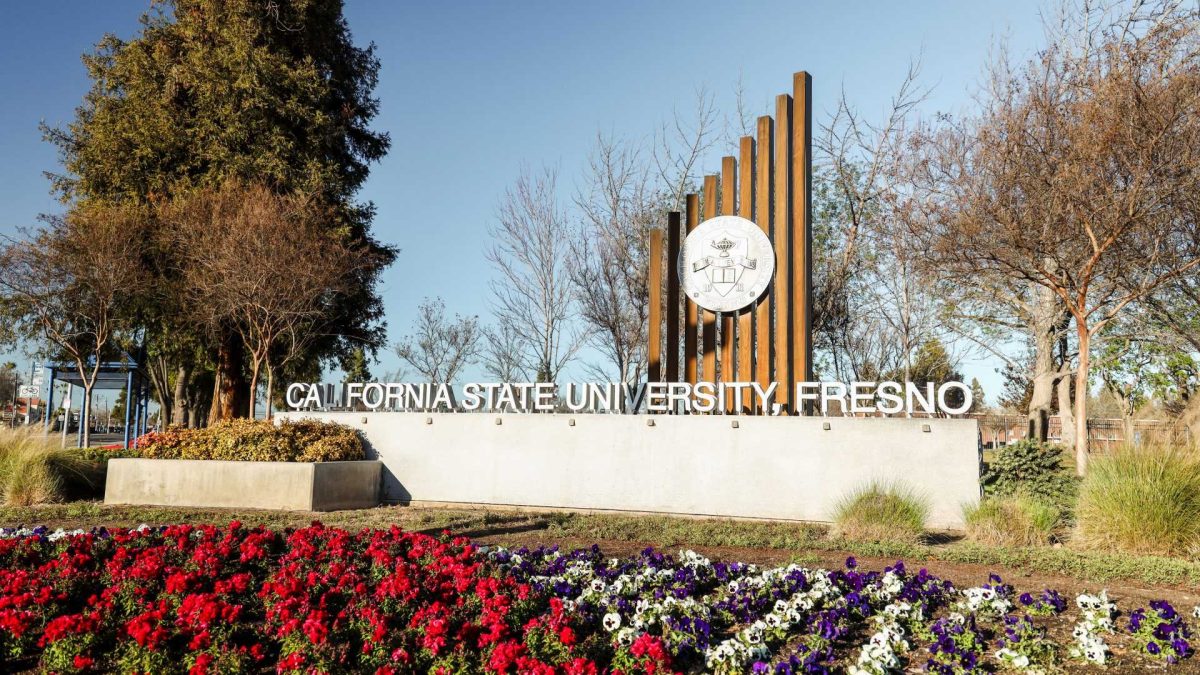
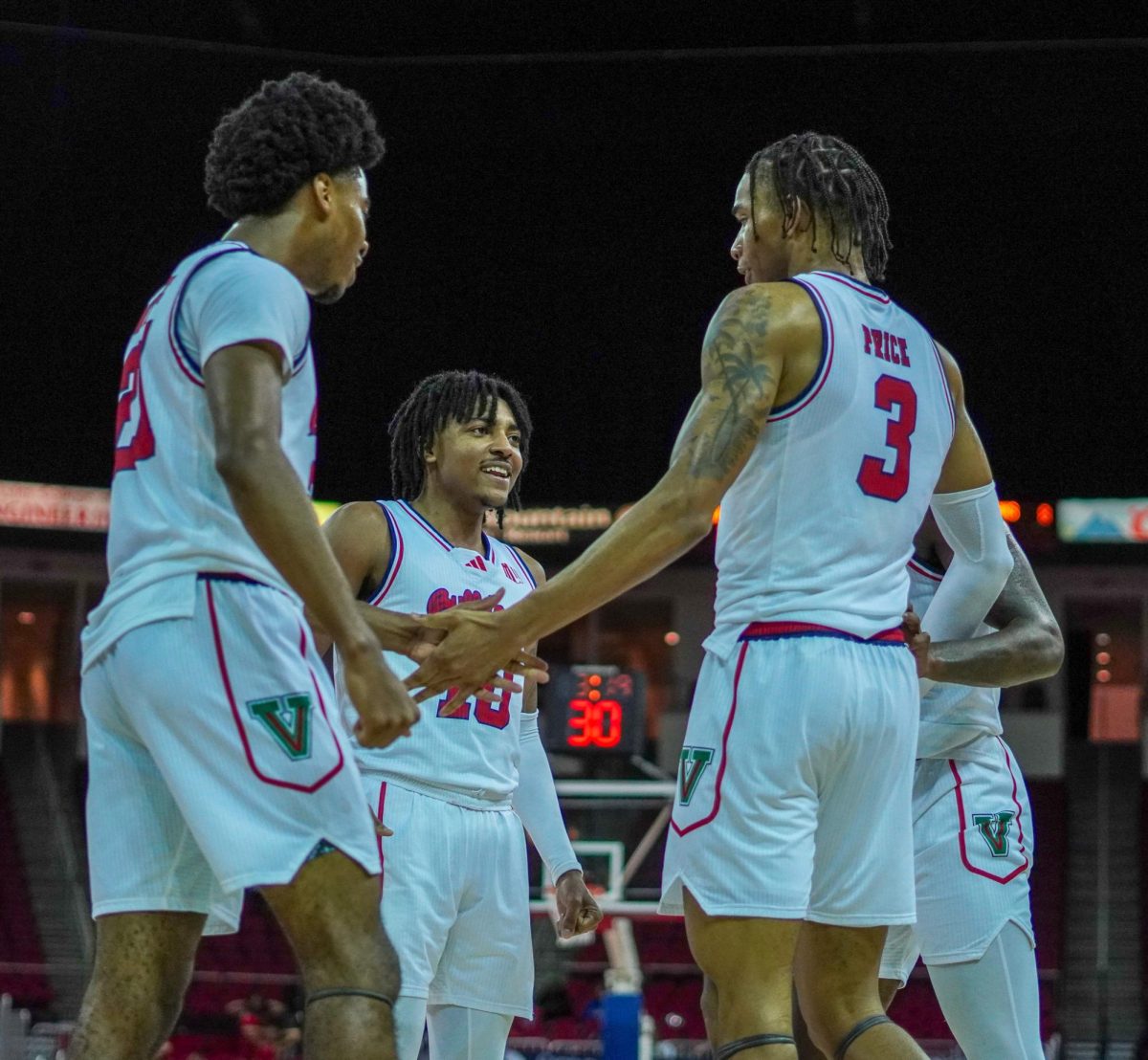
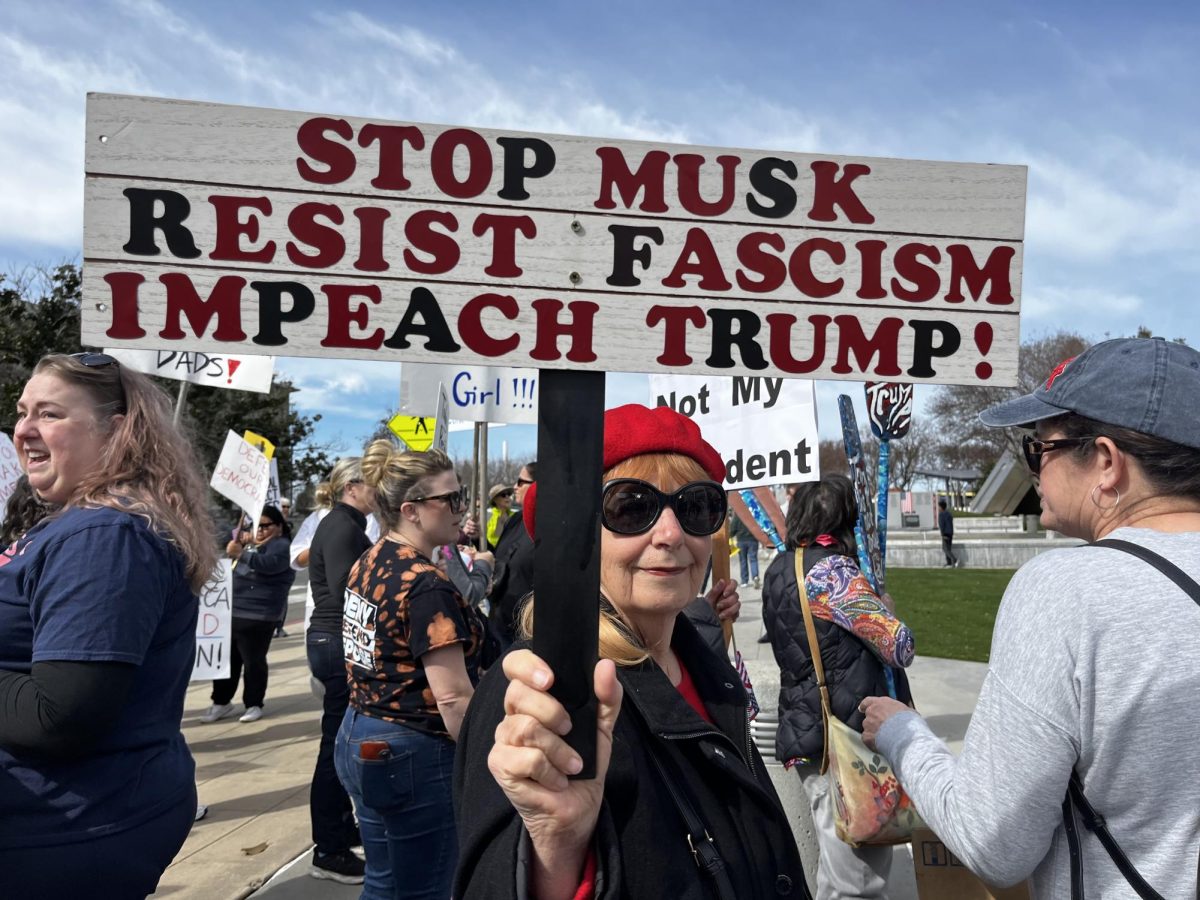
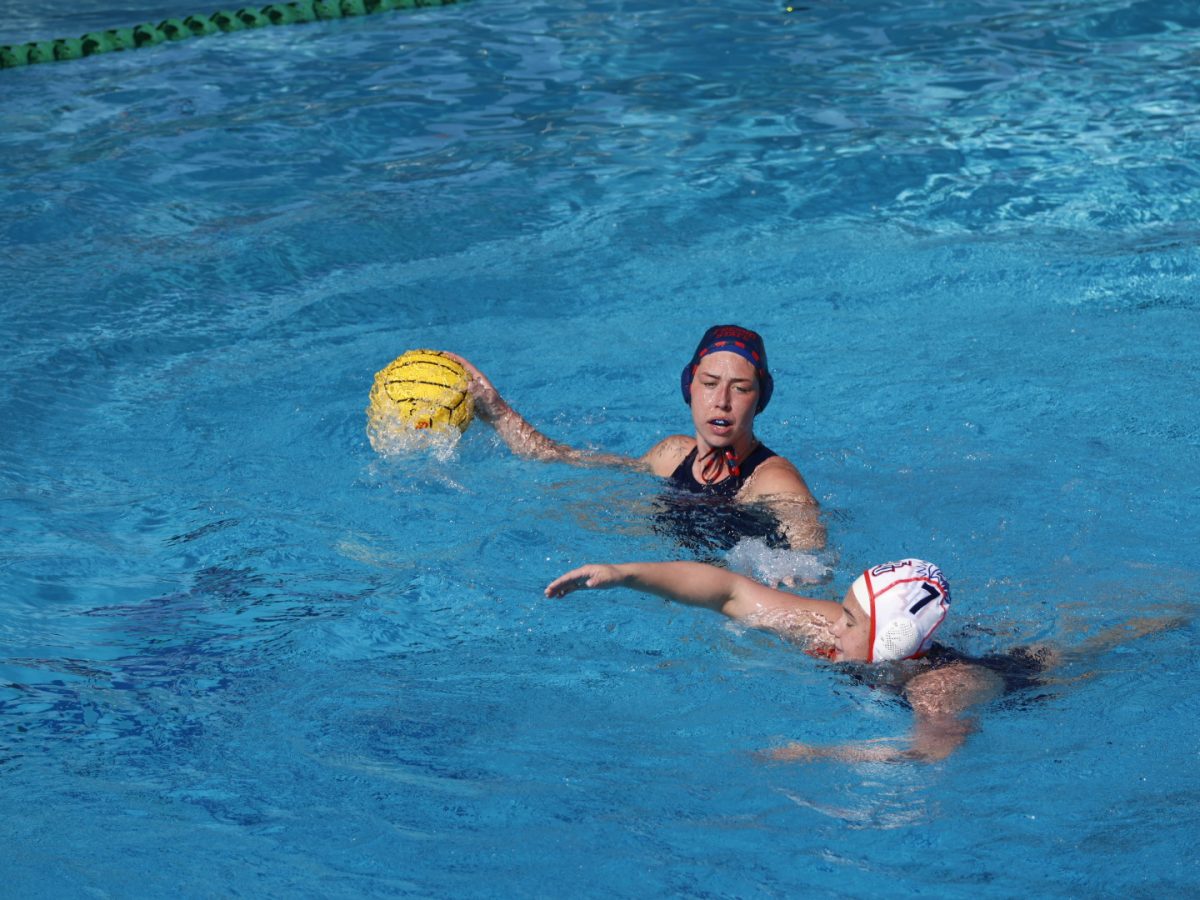

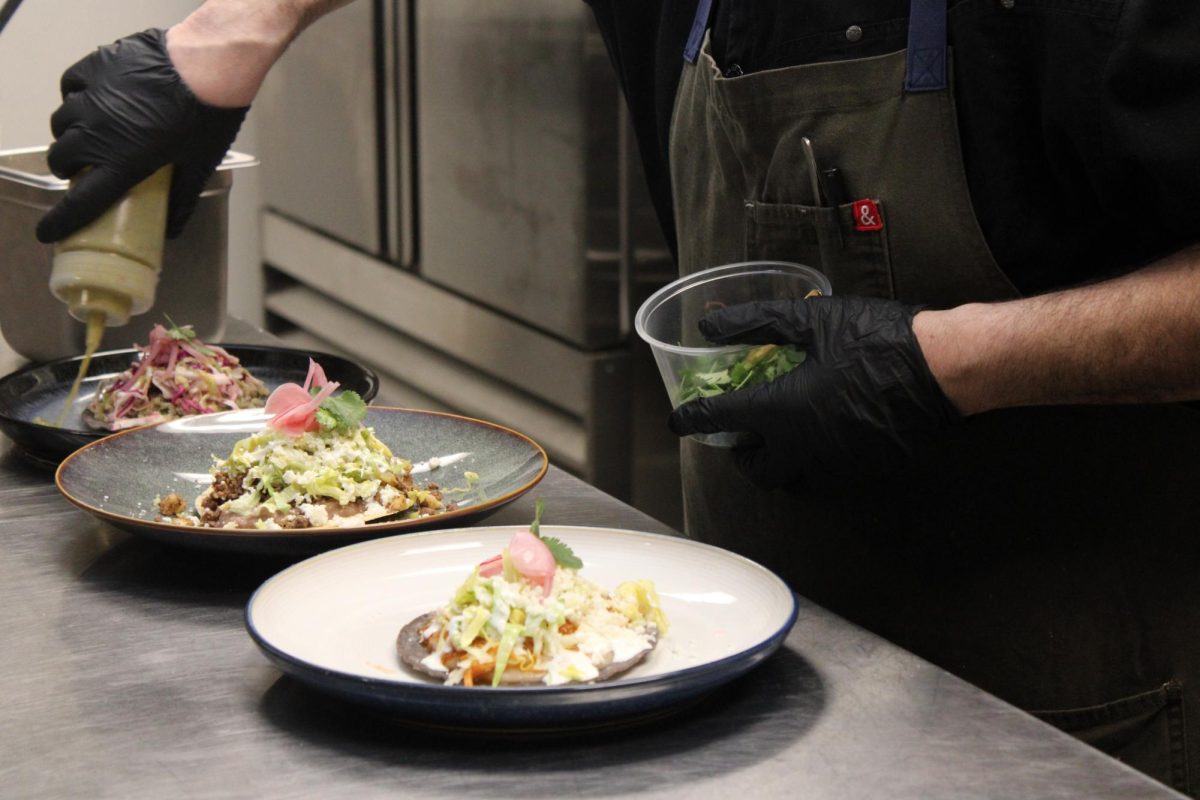
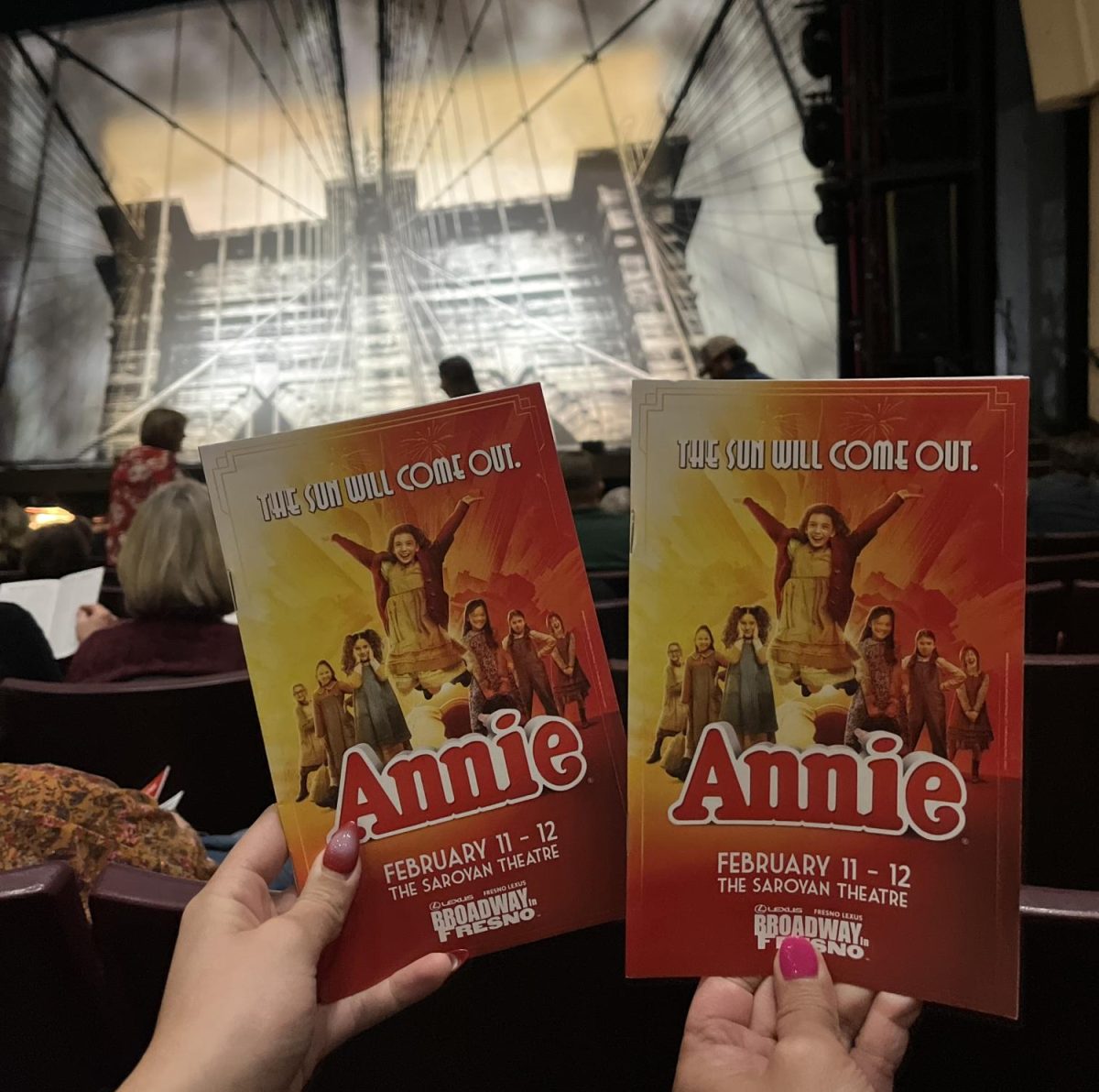

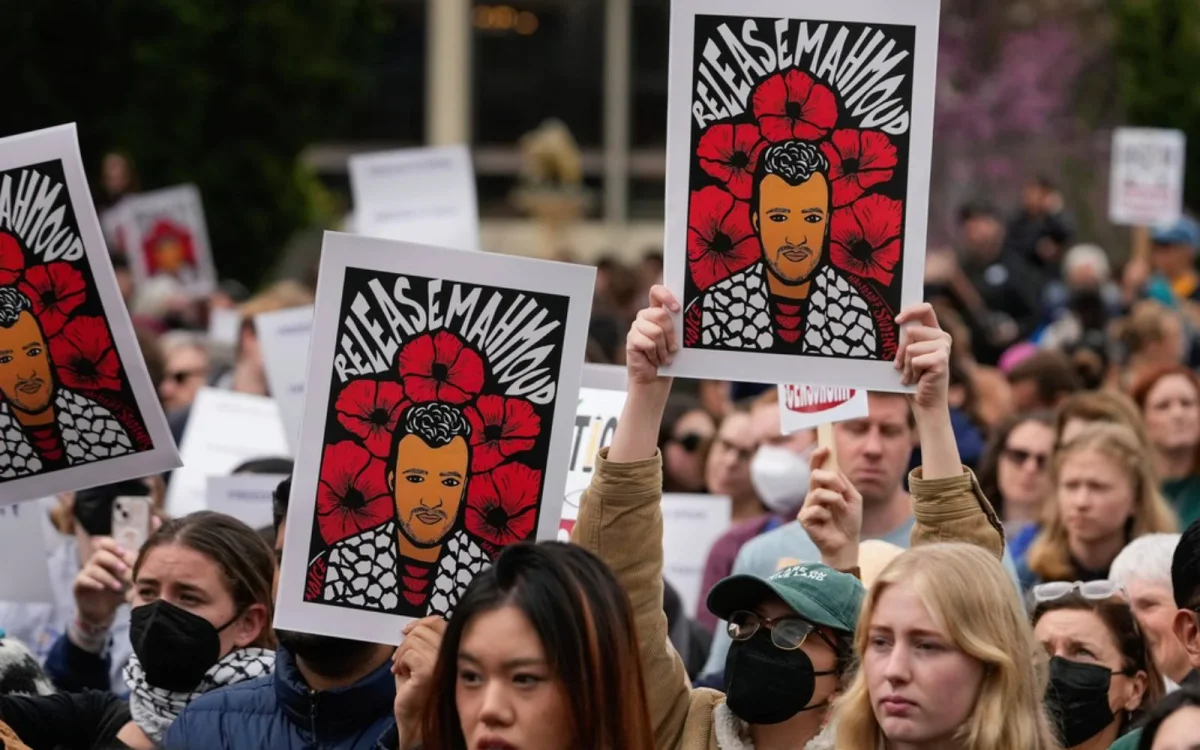
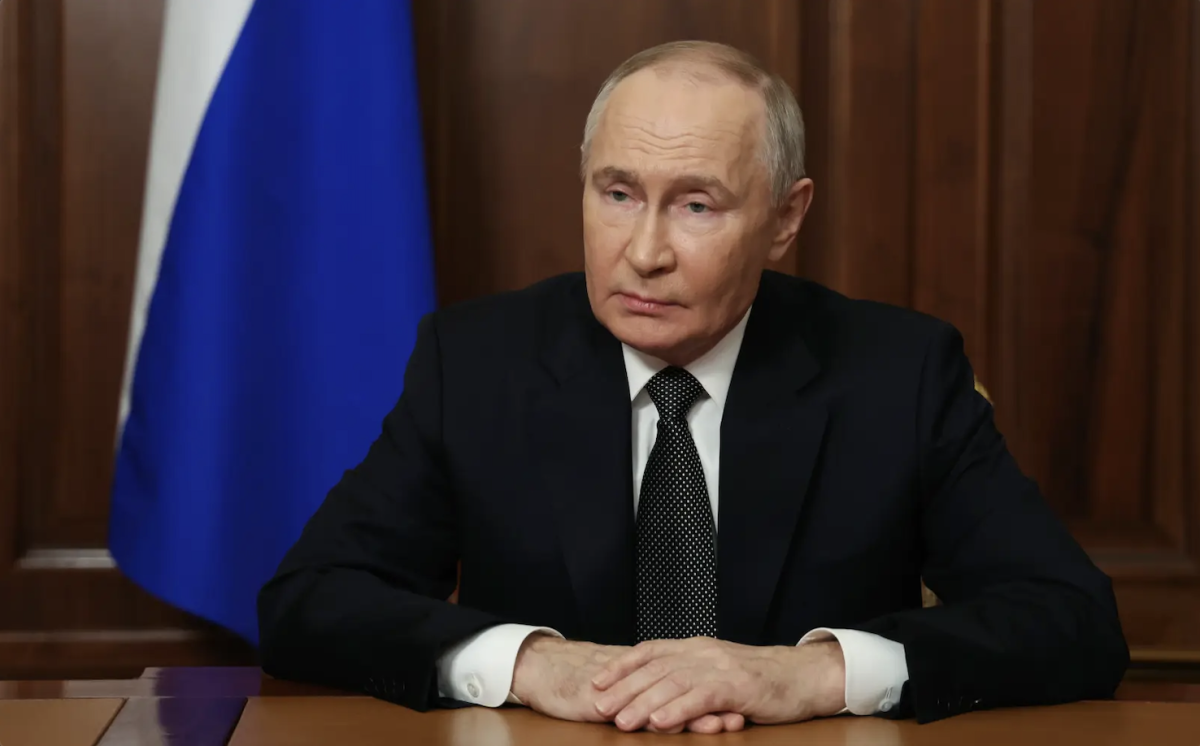



Faisal • Nov 19, 2023 at 9:51 pm
I’ve never been more proud to be a Fresno State Alumni. You were able to express so much that has been built up, and you’ve done so in a beautiful manner.
Thank you.
Jessica • Nov 19, 2023 at 4:47 pm
This was beautifully written and was the right amount of explanation needed to express what has been going on and how Palestinians and people who stand with Palestine feel. No matter how much was written in this article there will be people that truly care to listen and educated themselves versus those who pretend “to listen” but are only there to critique and pick and choose what they want to talk about. History cannot be erased besides those (the oppressor) who try and manipulate what actually has been/ is going on. Thank you for using your voices/platform and standing for justice and human rights!
Awab • Nov 18, 2023 at 7:59 am
This was a masterclass of literature, and was much needed. The step by step dissection of the Presidents response was beautifully crafted and effectively illustrated the contexts required to fully understand this issue.
Looking forward to the president’s statement and future steps.
Haneen • Nov 17, 2023 at 9:27 pm
This is so powerful and great. Everything mentioned is what every Palestinian and anyone who is in solidarity with Palestine has been feeling on campus.
Major respect the English Department at Fresno State for being brave and speaking up about the injustices that we are witnessing! Pushing for teach-ins will be a great next step!
Rawan • Nov 17, 2023 at 9:27 pm
What an incredible statement. Thank you all for using your platform for good despite the unpopularity of such sentiments.
Huda • Nov 17, 2023 at 9:25 pm
This is very well written and important in its entirety. Thank you to our faculty for this powerful message!
Eduardo • Nov 17, 2023 at 7:46 pm
From the river to the sea Palestine will be free
Herbst • Nov 17, 2023 at 3:05 pm
This was way too long. It also embraced parts of history while rejecting historical context in several different areas.